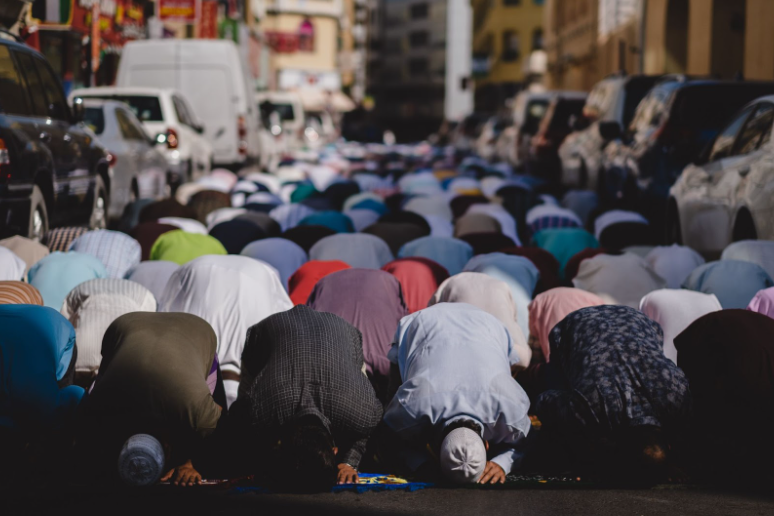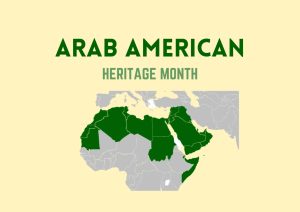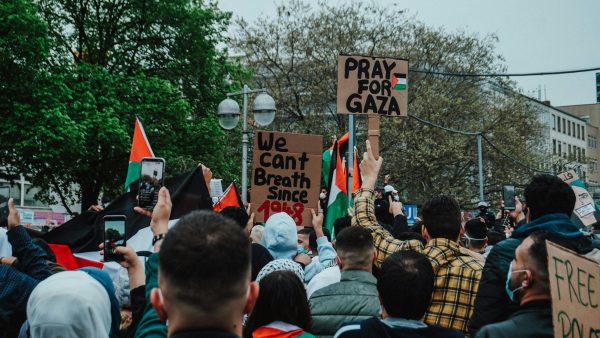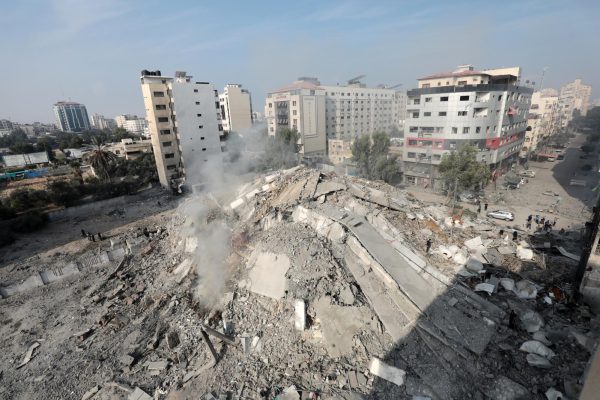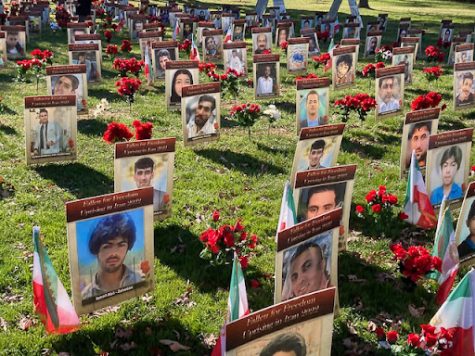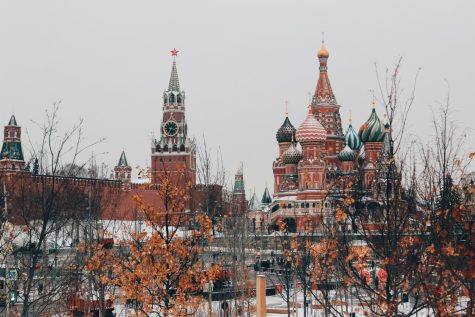Ramadan: a time of reflecting and giving thanks
A congregation of Muslims praying in Dubai has spilled onto the road outside of the mosque. Photo courtesy of unsplash
March 23, 2023
One night in A.D. 610, the Prophet Muhammad (Peace Be Upon Him) had the holy Quran revealed to him, including verses about fasting by the angel Gabriel. It is believed this night occurred during Ramadan. Every year on the Muslim calendar, a 30-day cycle of fasting, called Ramadan, occurs.
The annual observation of Ramadan will begin on March 23rd this year, with times varying depending on the timezone. Each year the celebration begins 10-12 days earlier than the year before, allowing people to experience Ramadan in each season. Ramadan is the only “holiday” Muslims celebrate because celebrating anything else is haram (a sin) and the imitation of a Kafir (nonbeliever). It is a time of reflection, for people to appreciate what they have, to pray their obligatory prayers and give thanks to Allah subhanahu wa ta’ala (God the most glorified, the most high).
If there’s one thing people know about Ramadan, it’s that it is the obligatory fast. Muslims fast to think of the less fortunate and the need to be thankful, which means no consuming food or water from dawn (fajr) to sunset (maghrib). All healthy Muslims should fast but there are a few exceptions, including Muslims who are physically or mentally unwell, those who haven’t hit puberty yet or are under twelve years old, the very old and those who are pregnant, breast-feeding, menstruating or traveling. Those who are able to will make up their fasts before the next Ramadan.
There are many aspects to the fasting of Ramadan, such as not engaging in eating, drinking, music or sexual activities. Although these things shouldn’t be taken part in during Ramadan, everyone is still on their own journey; Ramadan is a chance to strengthen one’s deen (the way of life of a pious Muslim). Still, there are many temptations in the world, and Ramadan allows one to not give in to their habits.
Afreen Azmy (12, HSU), a hijabi (a veiled Muslim woman), shares her experience of Ramadan these past few years at Manual and what it has meant to her.
“To me, Ramadan is a month of stillness. No matter what is stressing me out in the moment, whether it be issues with school or friends, the sense of community and tranquility I feel is unmatched. I feel more in tune with my spiritual self and I spend more quality time with the people I love. I’ll always be nostalgic for the iftars I share with my friends and sisters and staying at the masjid until midnight praying taraweeh,” Azmy said.
Being charitable to those who have been stricken by poverty and hunger during Ramadan builds up one’s Zakat (good deeds). If a Muslim has the money or resources to give back to their community, they should. It’s mandatory to give at least 2.5% of their accumulated wealth to charity every year.
There is a lot of love and reflection that goes on during Ramadan. A person doesn’t have to be Muslim to observe Ramadan. If someone is simply curious about Islam or supporting their Muslim friend, it doesn’t matter even if it is for one day, they are still encouraged to observe. Everyone is welcome to a Masjid as long as they are respectful.
Ramadan will end on April 21 this year and Muslims will celebrate Eid-ul-Fitr on April 22. Eid is a celebration of the end of fasting and a reflection. Many Muslims will put on their best clothes and go to the Masjid for morning prayer, then spend the rest of the day feasting with friends and family.


